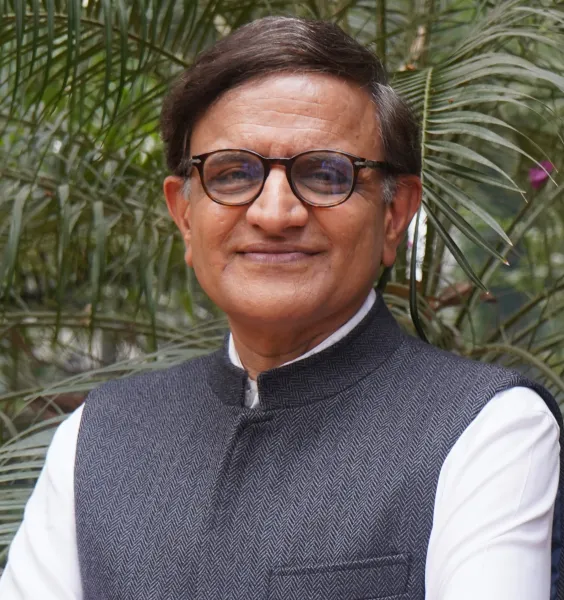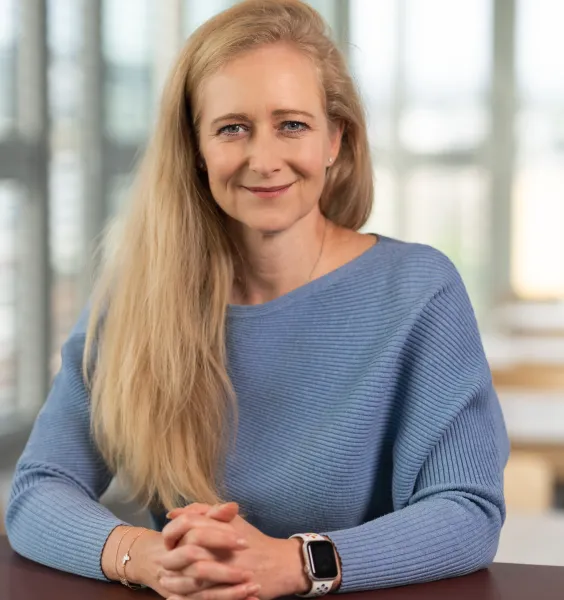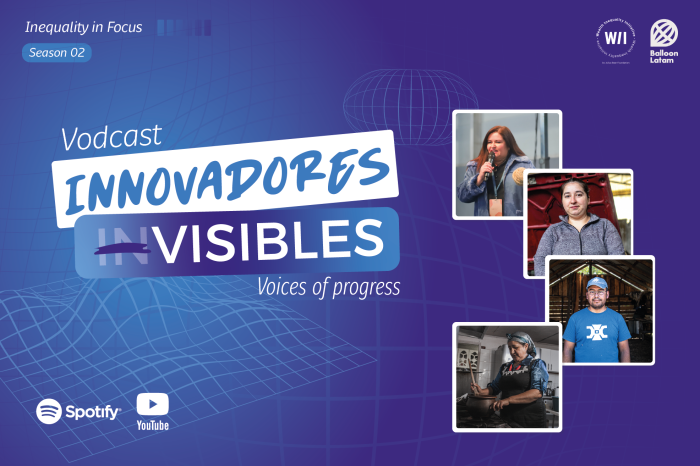Engaged in India’s education sector for over 30 years, Dhir Jhingran established the Language and Learning Foundation in 2015 as a way to improve support for primary school-aged children from marginalised backgrounds. Over the last nine years, his organisation has benefited approximately two million children by improving the classroom approaches of about 200,000 teachers in public schools across eight states in India.
Dhir is skilled in overseeing the implementation of complex education projects in multicultural settings, developing strategic visions, and putting together international programme teams. Various governments, NGOs and organisations such as the Asian Development Bank and UNICEF have turned to him for advice. As of 2023, Dhir has joined the Julius Baer Foundation as an external expert on the topic of education inequality.
In this podcast talk, CEO of the Julius Baer Foundation, Laura Hemrika, discusses the role of education inequality with Dhir and asks how to address it.
We need to work in collaboration with the public education system.
Learning poverty
The inequality in learning outcomes between rich and poor countries is stark. In high-income countries, nine out of ten children can read by age ten. But in low-income countries, it is the reverse: only one out of ten can read by this age. As a young civil servant in India, Dhir witnessed first hand how easily children from certain groups – migrant communities or ethnic minorities, for example – can be left behind. Often, children are poorly served simply because their mother tongue differs from the language of instruction in the classroom.
These education inequalities translate into labour, income and wealth inequalities. Dhir points to research showing that 170 million people would be lifted out of poverty if we just made sure that all children left school with basic reading skills. Women and girls especially stand to benefit from investment in their education: according to recent estimates, women’s income increases 20% for each additional year of school (versus 10% among men).
It’s really heart-warming when I see a child from a remote, indigenous, marginalised community in grade three, be able to read the newspaper out loud to her parents. The admiration and love that you see around that child – that’s so satisfying.
Holistic approaches to learning
The question is where and how to start in addressing education inequalities. Dhir advocates for holistic approaches that take all of children’s needs into consideration. That means not just stressing academic learning, but also socioemotional learning, physical development, art, music and more. It also includes children’s situation at home. Here, Dhir highlights the importance of family support and parental engagement. Even in deprived settings, says Dhir, an intervention that “encourages parents to provide a dedicated time and space for their children to study at home” can improve kids’ education outcomes.
Dhir also underscores the importance of working together with existing school systems in order to create far-reaching change. “If we want to achieve impact at scale”, says Dhir, “we need to work in collaboration with the public education system.”
The journey ahead
Going forward, Dhir is enthusiastic about helping the Julius Baer Foundation tackle inequality by improving primary education in low- and middle-income countries. Asked to share a highlight from his work, he cites a ground-level example: “It’s really heart-warming when I see a child from a remote, indigenous, marginalised community in grade three, be able to read the newspaper out loud to her parents. The admiration and love that you see around that child – that’s so satisfying.”
Did you enjoy this exchange? Who would you like us to meet to discuss Wealth Inequality?
Tell us what you think and share your suggestions with us for our future podcasts with engaging guests

Dhir Jhingran has been an education professional in India for over 30 years. He has worked together with governments and NGOs and served as an advisor to various organisations, including the Asian Development Bank and UNICEF. He’s very familiar with complex education projects in multicultural settings, designing and developing strategic visions, and building programme teams around the world. In 2015, he founded the Language and Learning Foundation, serving as its executive director. Over the past nine years, the organisation has impacted two million children by achieving systemic change that improved the classroom practices of 200,000 teachers in public schools across eight states in India.
Since 2023, Dhir has been advising the Julius Baer Foundation on Education Inequality.

Laura Hemrika is the CEO of the Julius Baer Foundation, the non profit grant foundation of the Julius Baer Group founded in 1965. Today, together with its partners and co-funders, the Foundation dedicates itself to supporting initiatives around the globe focused on addressing inequality in wealth and education, reinforcing the Bank’s purpose of creating value beyond wealth.
Prior to Julius Baer, Laura was Managing Director of the Credit Suisse Foundation and Global Head of Corporate Citizenship & Foundations at Credit Suisse, responsible for all of the bank’s global philanthropic commitments, partnerships and employee engagement, including collaboration on impact investing product development and client advisory, as well as multiple sustainability, philanthropy, CSR and diversity topics. In this role she co-founded a number of public private partnerships including the Swiss Capacity Building Facility and the SDG Impact Finance Initiative. She also served as Trustee of the Credit Suisse APAC Foundation. Laura’s earlier career was in strategy consulting with Booz and Company as well as with a number of education and financial inclusion start-ups, NGOs and corporates.
Laura has an MBA from London Business School and is a Fellow of the Aspen Institute.
She serves on the boards of several organizations including the European Microfinance Platform, the Impact Linked Finance Fund and Habitat for Humanity.

